Tim Berners-Lee calls for free web
The creator of the web wants it to be treated like a white piece of paper - uncontrolled and unfettered by government or corporations.

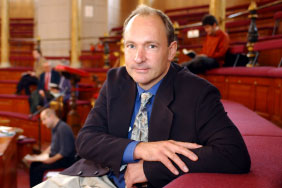
The web should be as free and unconstrained as a blank piece of paper, its creator has said.
Speaking at a BBC event to mark the 20th anniversary of the web, Sir Tim Berners-Lee said the internet should not be controlled, censored or intercepted by government or companies.
He asked the audience to consider someone looking up sensitive information - such as cancer symptoms or what it's like to come out as homosexual. If a government or company is monitoring every click, people won't feel comfortable using the web to find help with such matters, degrading the usefulness offered by the online world, he claimed.
"The internet should be like a white piece of paper," he said.
When you buy paper, "it does not come with the fundamental constraint on it that you can only write truth," he said, adding that you "can't get drawing paper where it's impossible to draw a nude figure."
Anonymous
That said, Berners-Lee doesn't think web users should always be anonymous. He said anonymity is important in some cases - such as when people were struggling against their government - but added that much of what was said online didn't require such protection. He said we need to "realise that the whistle blower syndrome is an emergency, it's an exception."
Sign up today and you will receive a free copy of our Future Focus 2025 report - the leading guidance on AI, cybersecurity and other IT challenges as per 700+ senior executives
With that, he said web users must realise that everything they read online isn't necessarily true.
"Just because you can read everything out there, you shouldn't read everything out there," he said, adding that the future of newspapers could be online, helping us filter the mass of information floating around the web.
Mobile web
Looking to the future, Berners-Lee said mobile web use was growing - but it wasn't just for corporate travellers.
"What's exciting about this is not just that your executive who carries these things [smartphones] and jets around the place will be able to browse the web while waiting in a waiting room without a laptop," he said. "It is that in developing countries, of course, people have phones where they don't have computers."
As more and more people in developing countries get online via mobile devices, we must make sure content works for them as well, Berners-Lee added.
"Don't just target things in HD and three dimension and whatever the next thing is," he said.
"As the early adopter, we also have to make sure that we target things in low resolution, low bandwidth," he added, claiming other parts of the world will change the face of the web, creating the "web they need."
Get data online
Berners-Lee used the talk to continue his call to move government and academic data online.
He was recently picked by the government to do just that. "That's because some people in the British government got it, that putting data on the web is important," he said.
"Of course, there's a big pull from people who want to see that government data... it's not really the government's data, it's actually all our data."
The full talk can be viewed in the video below:
Click here for photos to mark the 20th anniversary of the creation of the web.
Freelance journalist Nicole Kobie first started writing for ITPro in 2007, with bylines in New Scientist, Wired, PC Pro and many more.
Nicole the author of a book about the history of technology, The Long History of the Future.
-
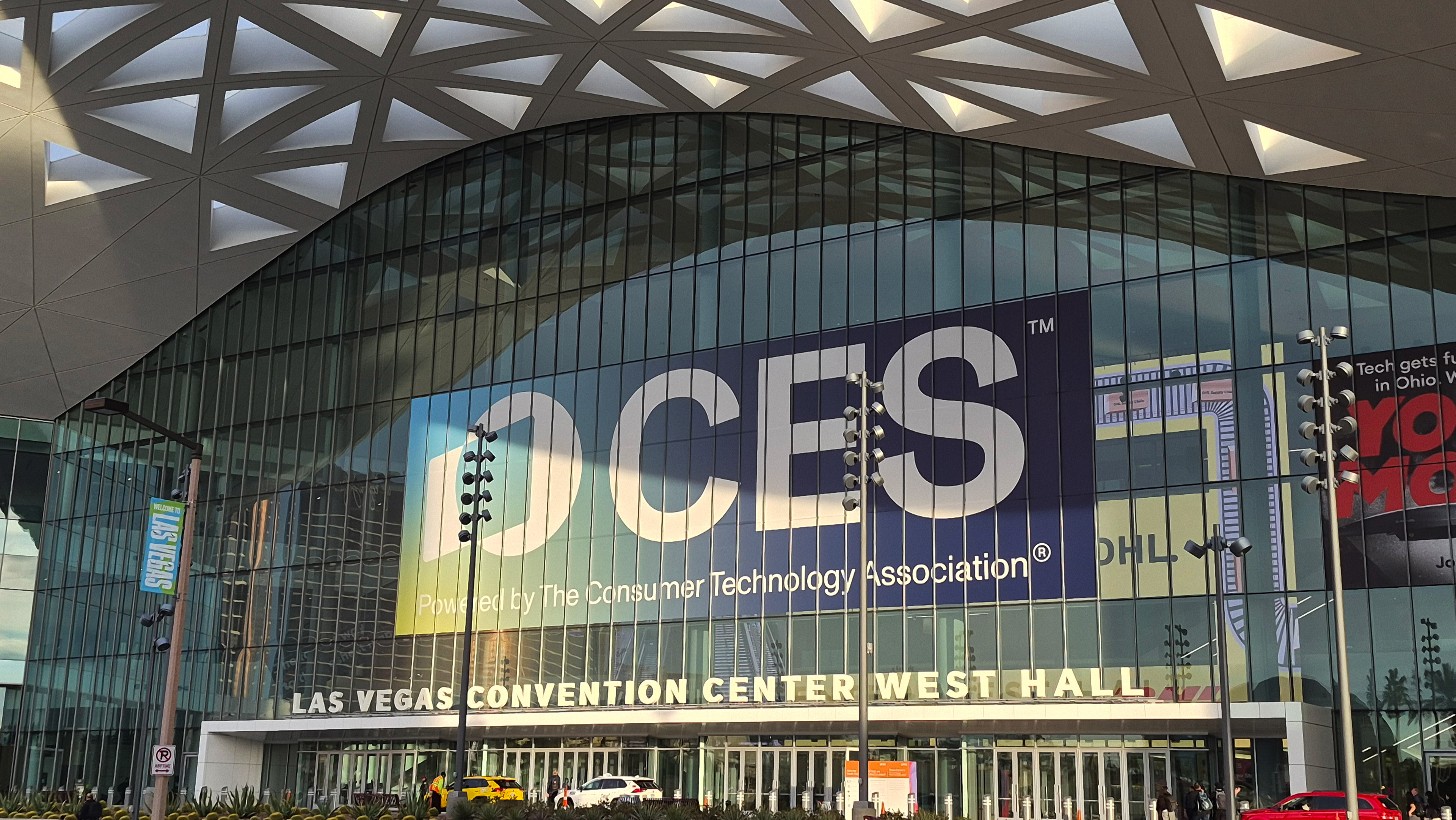 CES 2026: All the live updates as they happen from day one
CES 2026: All the live updates as they happen from day oneITPro is on the ground in Las Vegas for the tech extravaganza that is CES
-
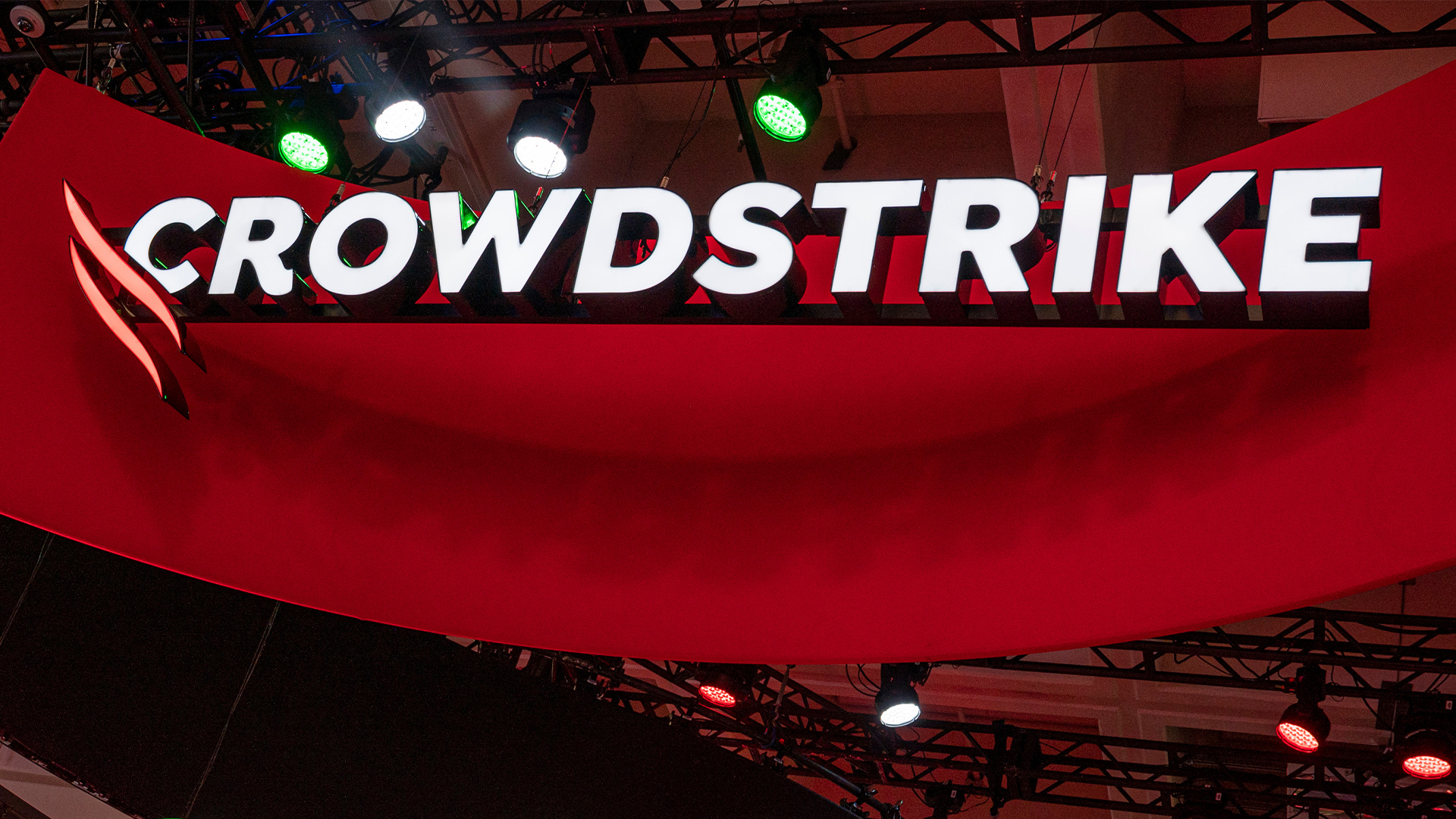 Startups get seal of approval from CrowdStrike, AWS, and Nvidia
Startups get seal of approval from CrowdStrike, AWS, and NvidiaNews 35 startups are promised mentorship, technical expertise, go-to-market support, and ecosystem visibility
-
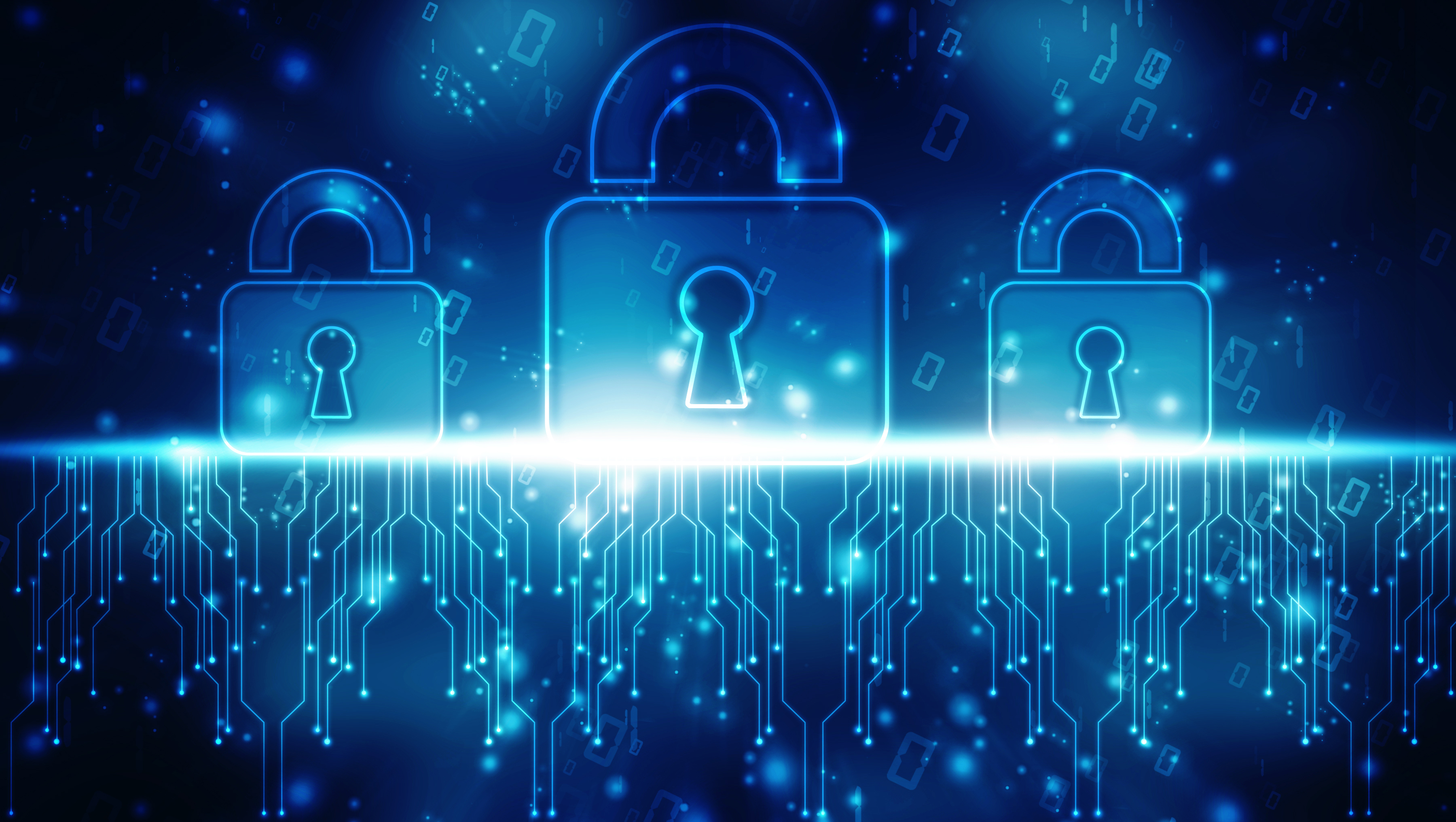 Web inventor Tim Berners-Lee launches Solid privacy platform for enterprises
Web inventor Tim Berners-Lee launches Solid privacy platform for enterprisesNews Solid’s early adopters include the BBC, NHS and NatWest Bank
-
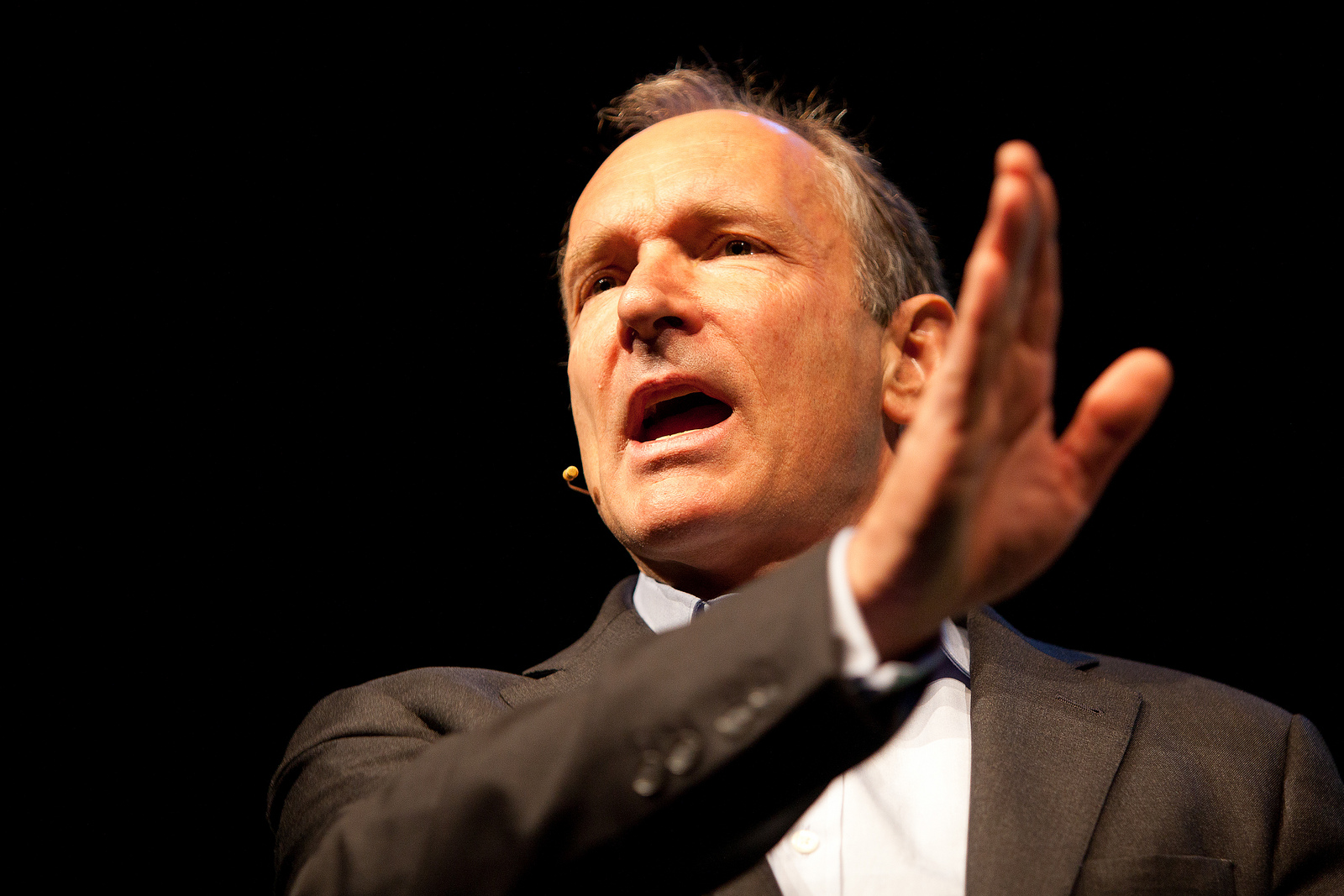 Tim Berners-Lee: How we can win back the web
Tim Berners-Lee: How we can win back the webNews The public must reject misinformation and keep control of their own data
-
 Tim Berners-Lee slams encryption-busting surveillance agencies
Tim Berners-Lee slams encryption-busting surveillance agenciesNews Inventor of World Wide Web brands decision “appalling and foolish."
-
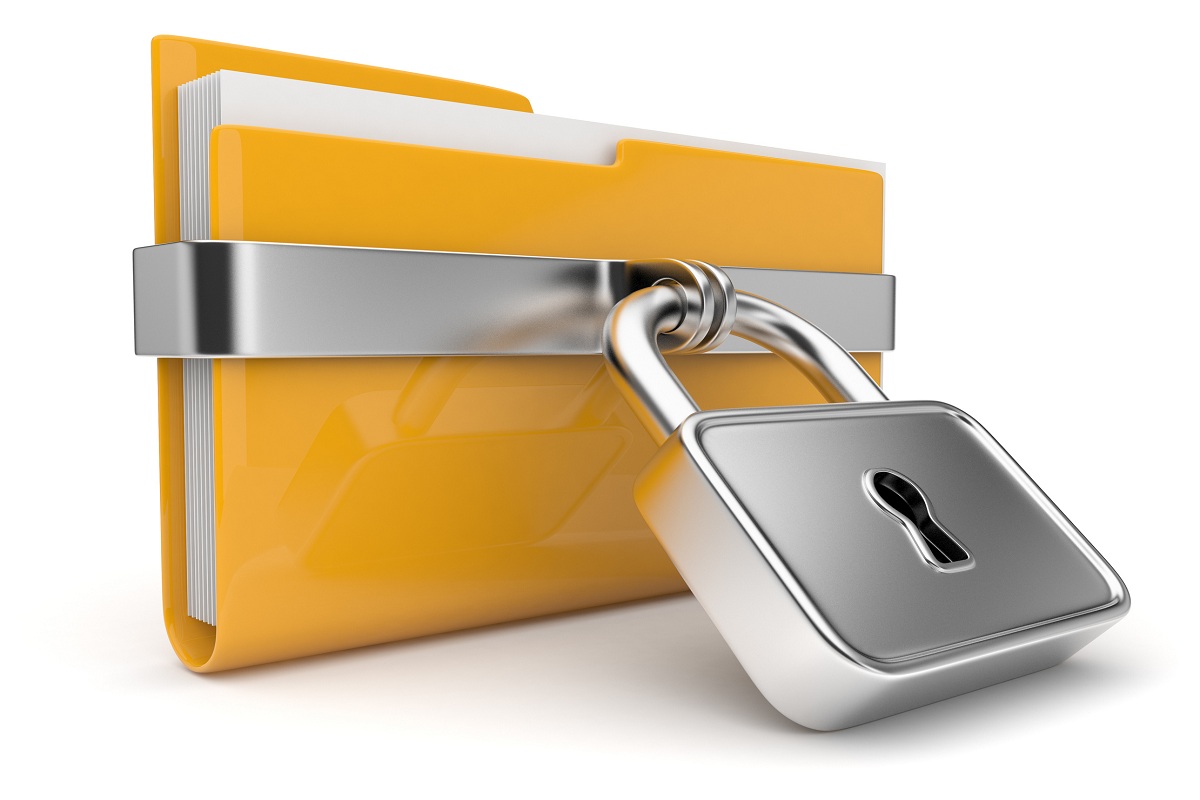 Berners-Lee slams Facebook over data openness
Berners-Lee slams Facebook over data opennessNews Web pioneer says users should get their data back from Facebook.
-
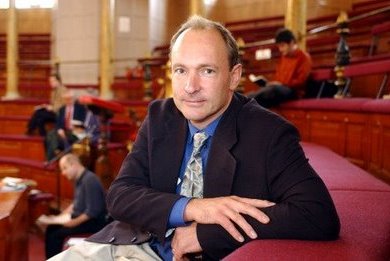 Berners-Lee: Cuts no excuse to cut back data
Berners-Lee: Cuts no excuse to cut back dataNews The founder of the World Wide Web criticises US claims open data sites need to be cut back due to costs.
-
 Tim Berners-Lee fell for internet scam
Tim Berners-Lee fell for internet scamNews Sir Tim Berners-Lee once fell victim to an online scam when trying to purchase a gift on the internet.
